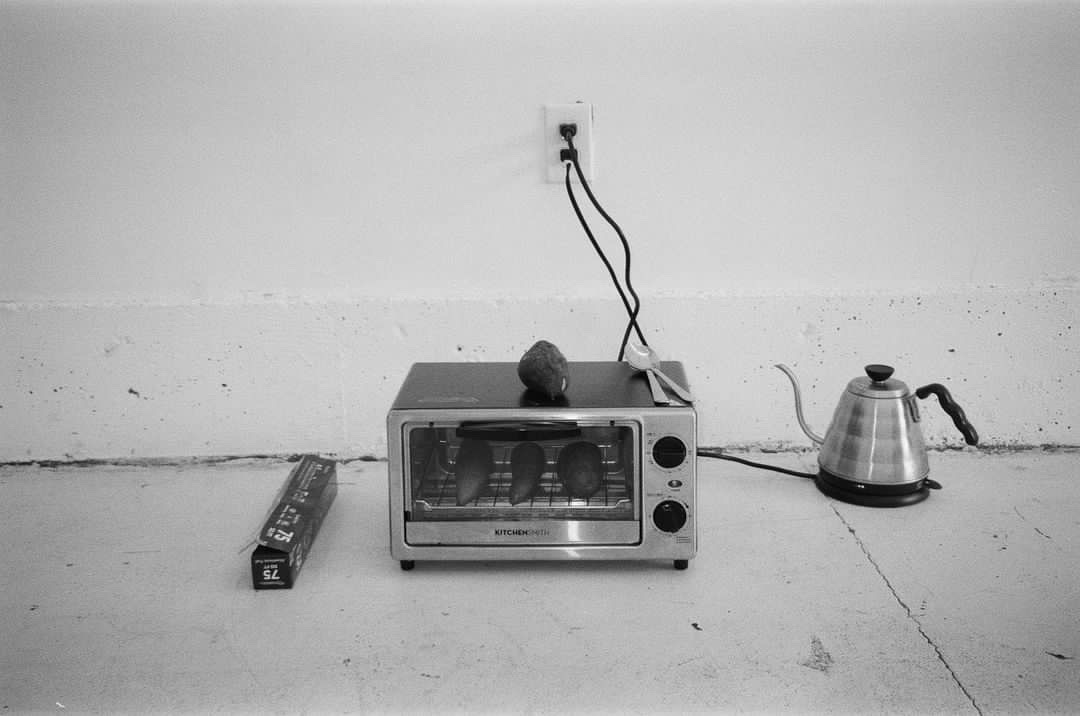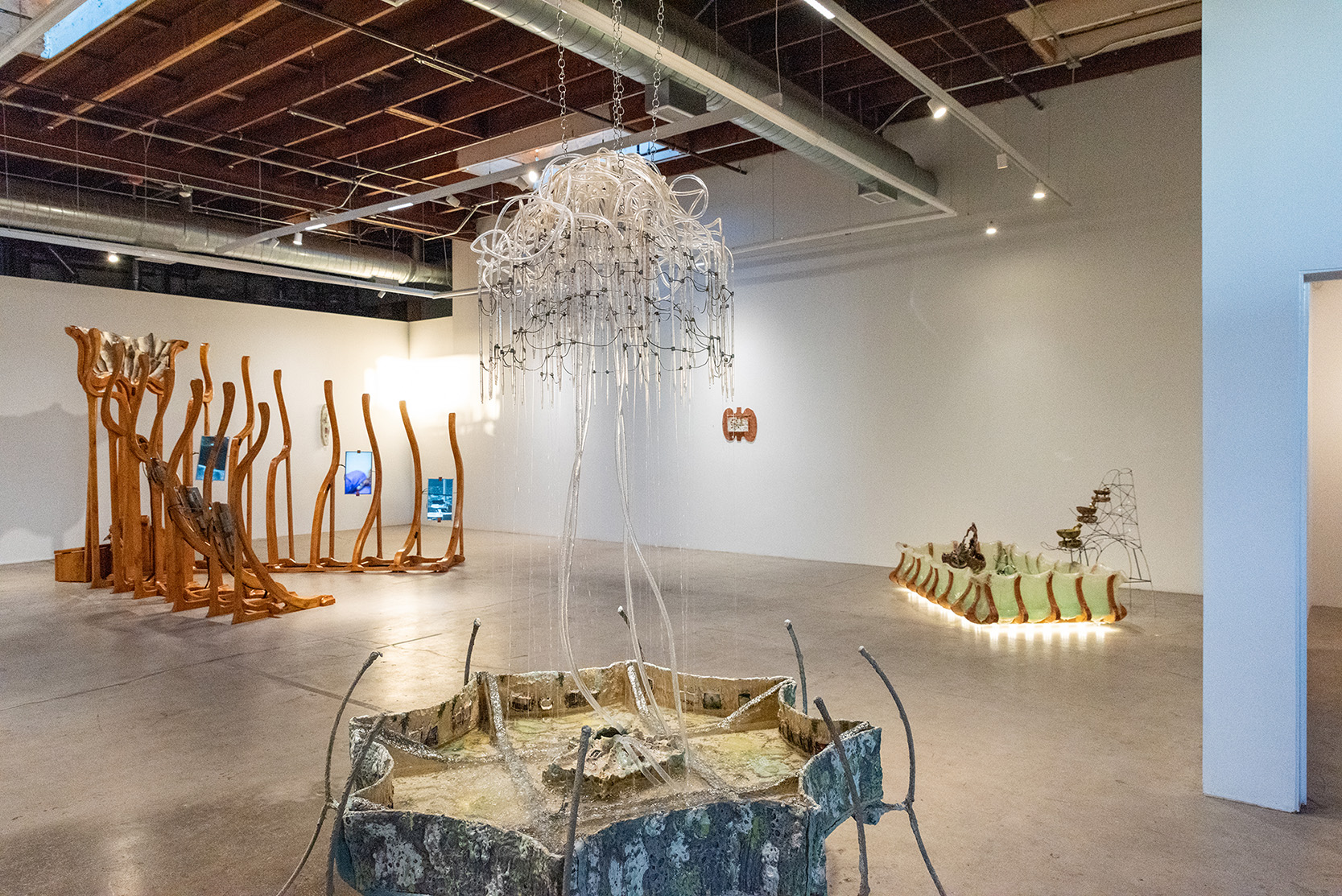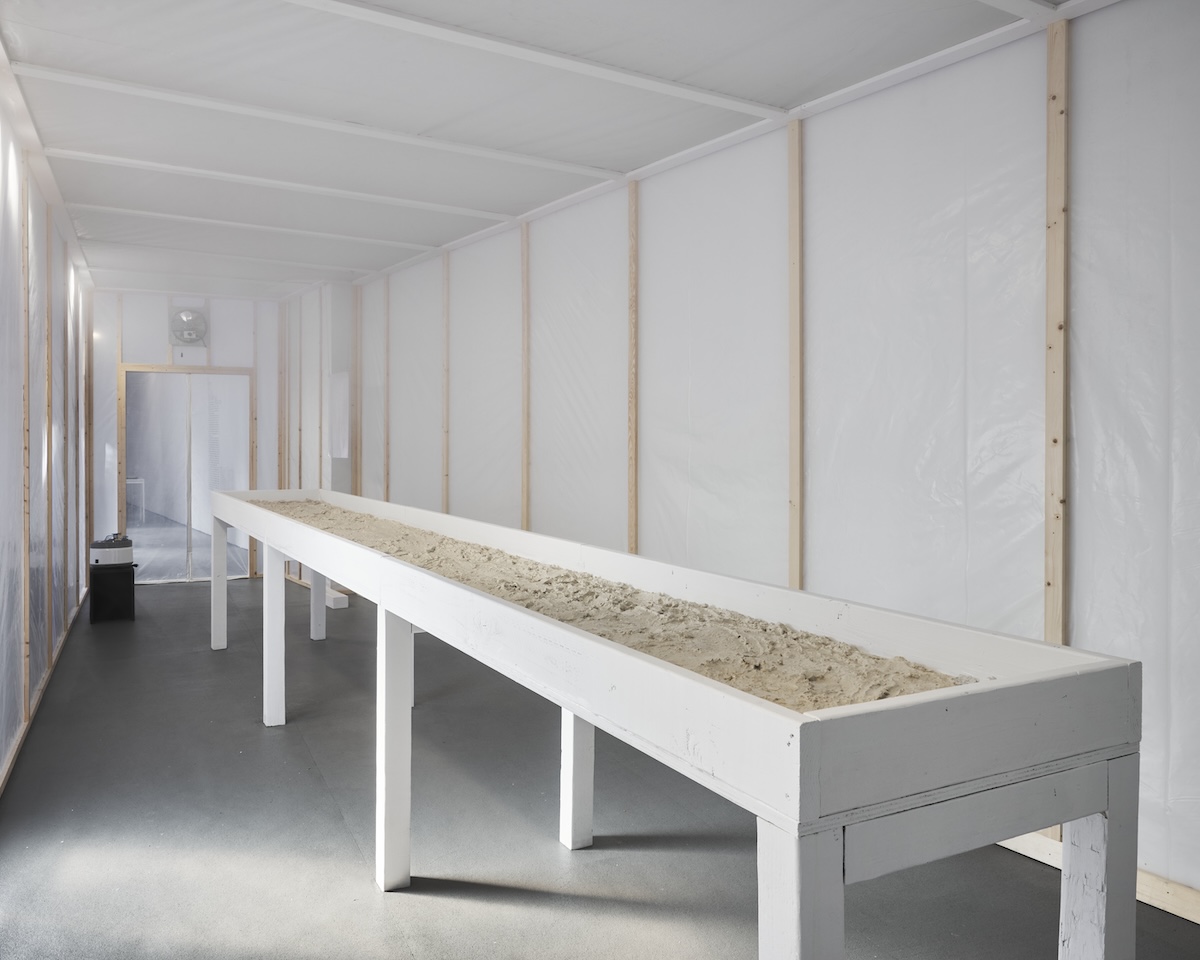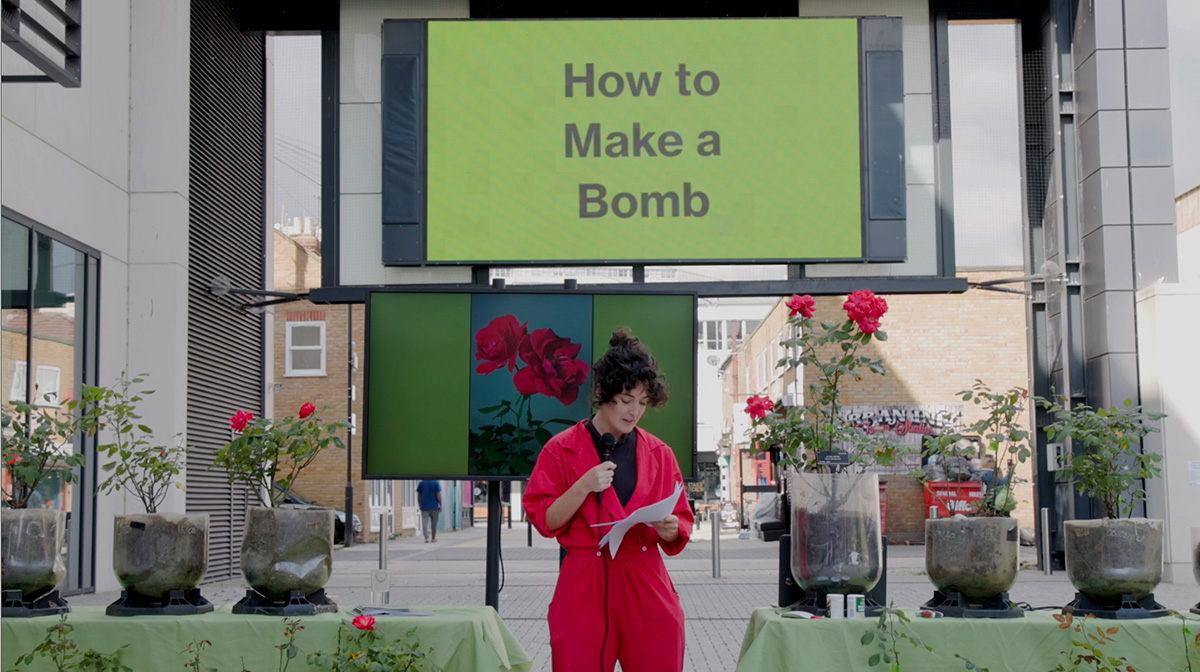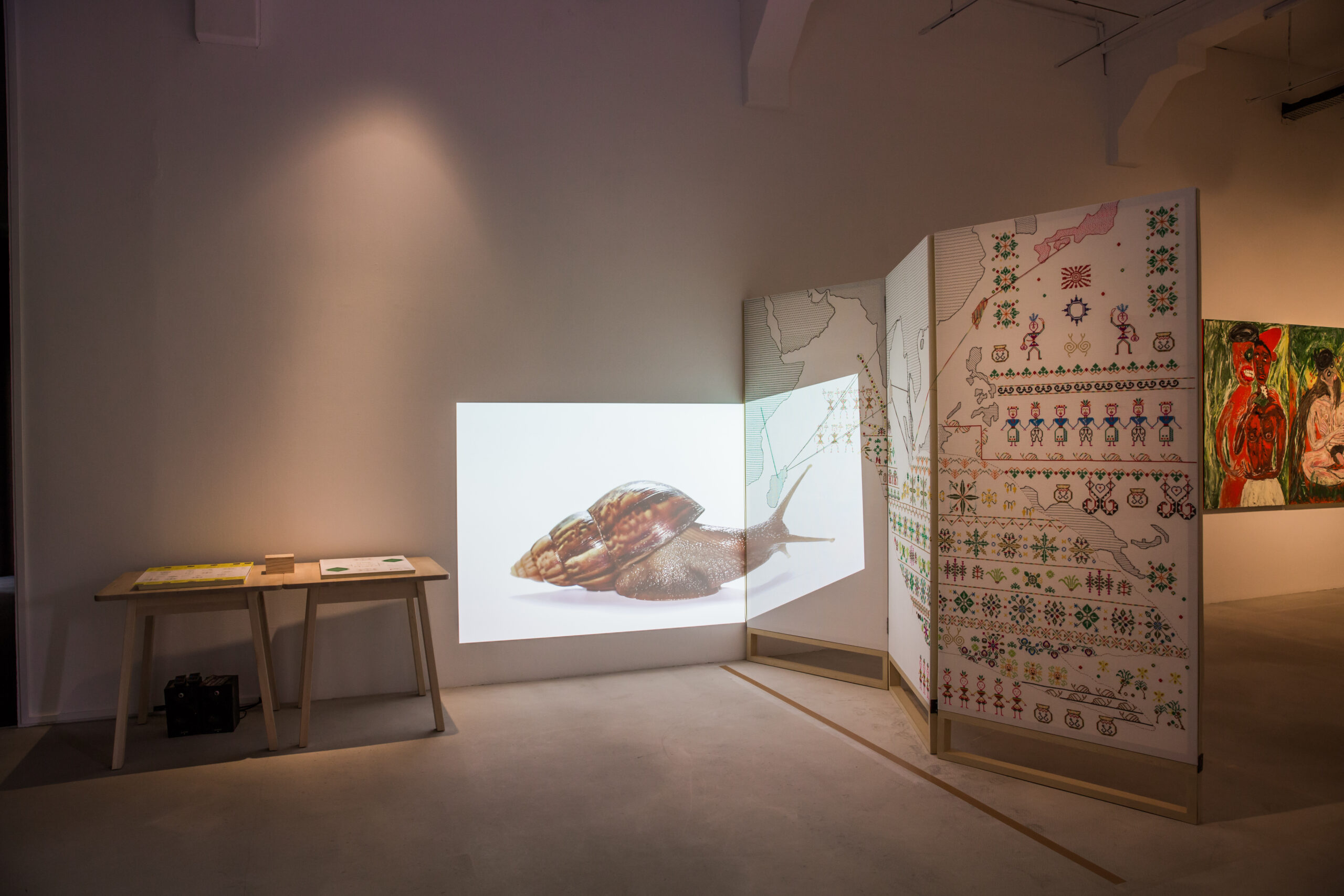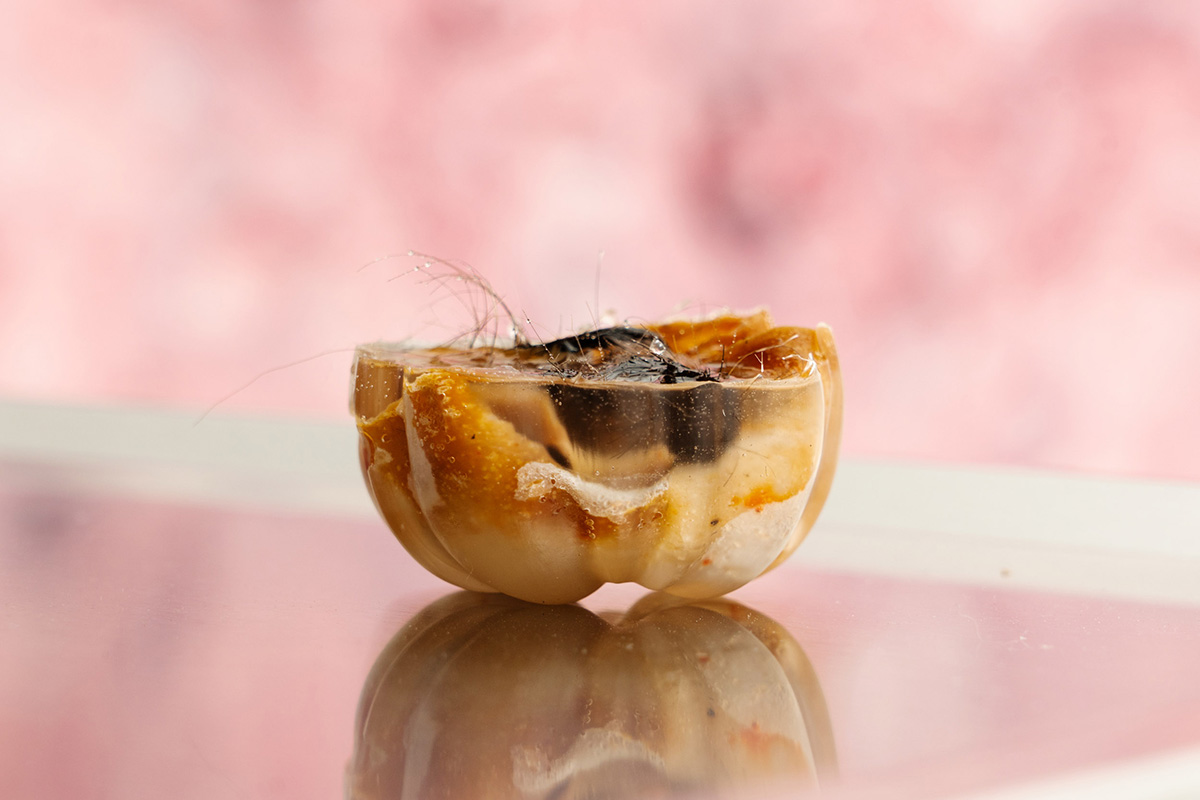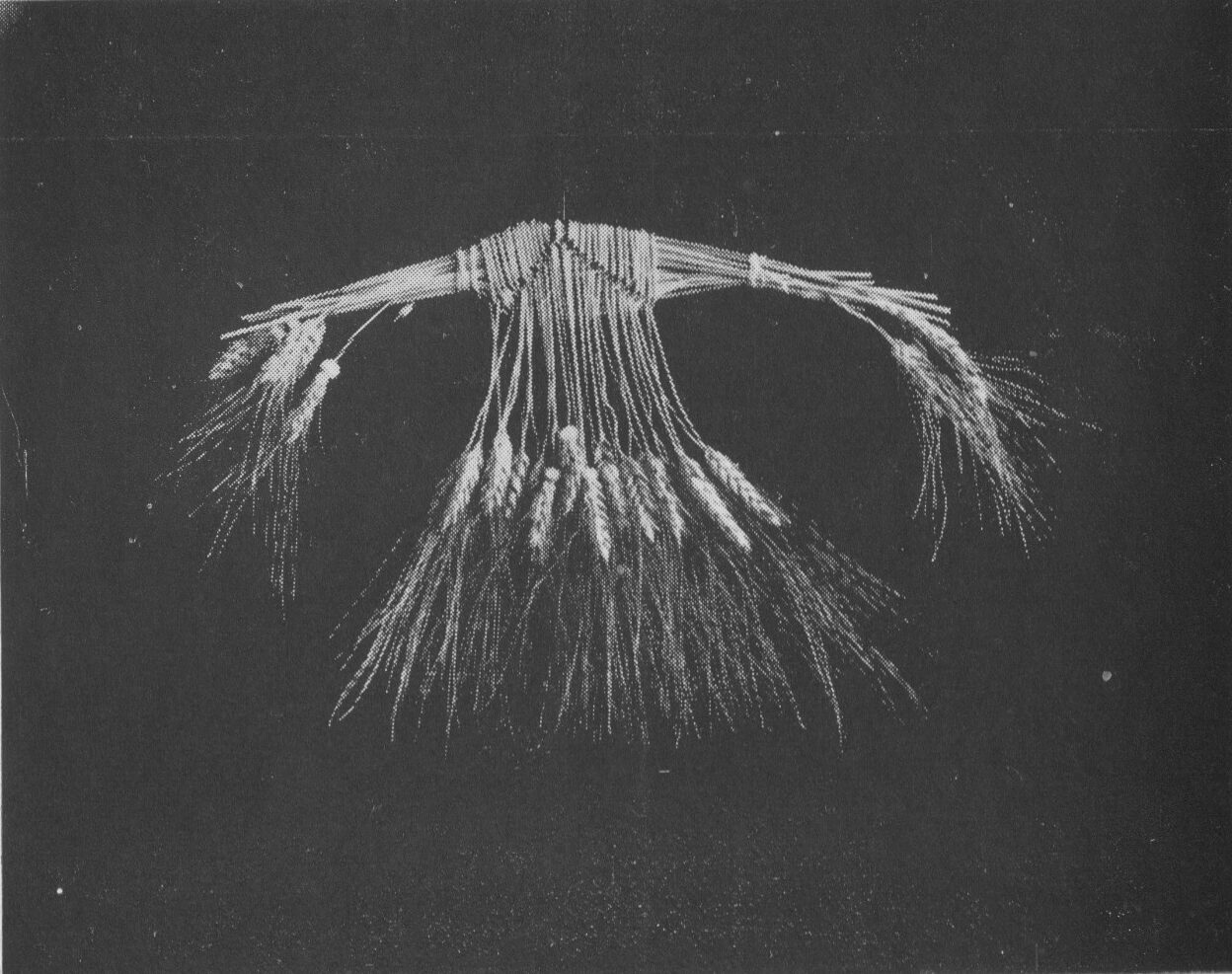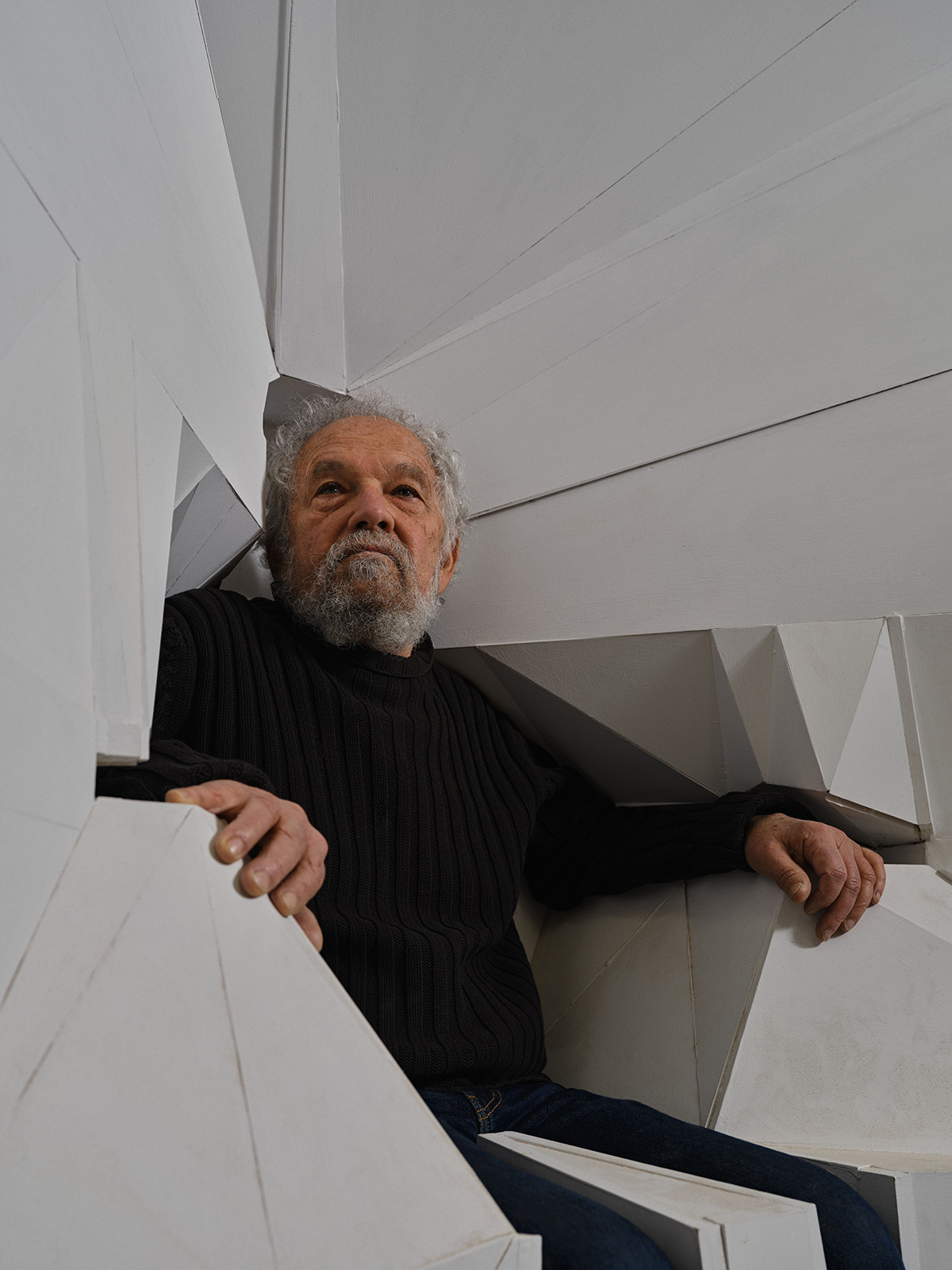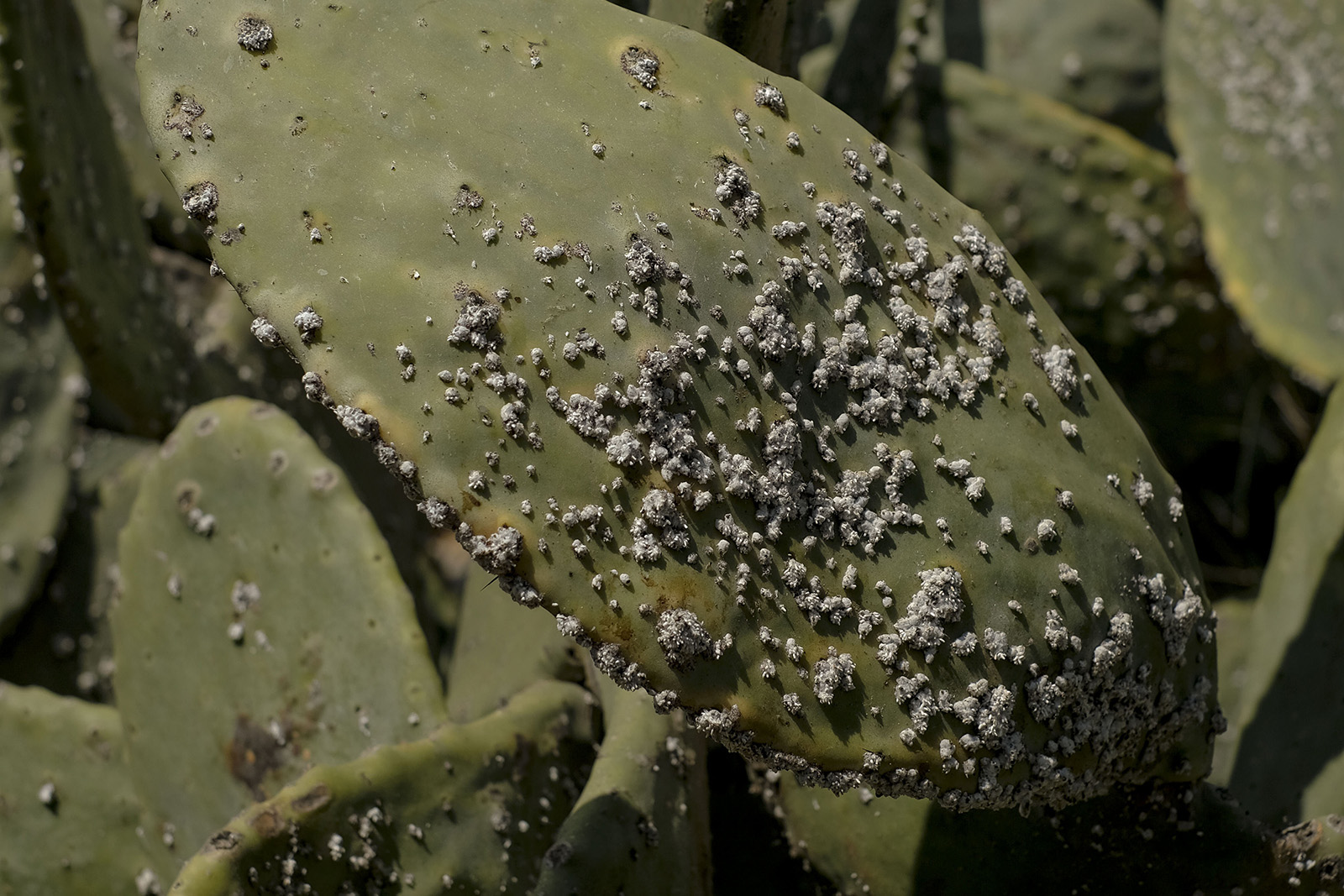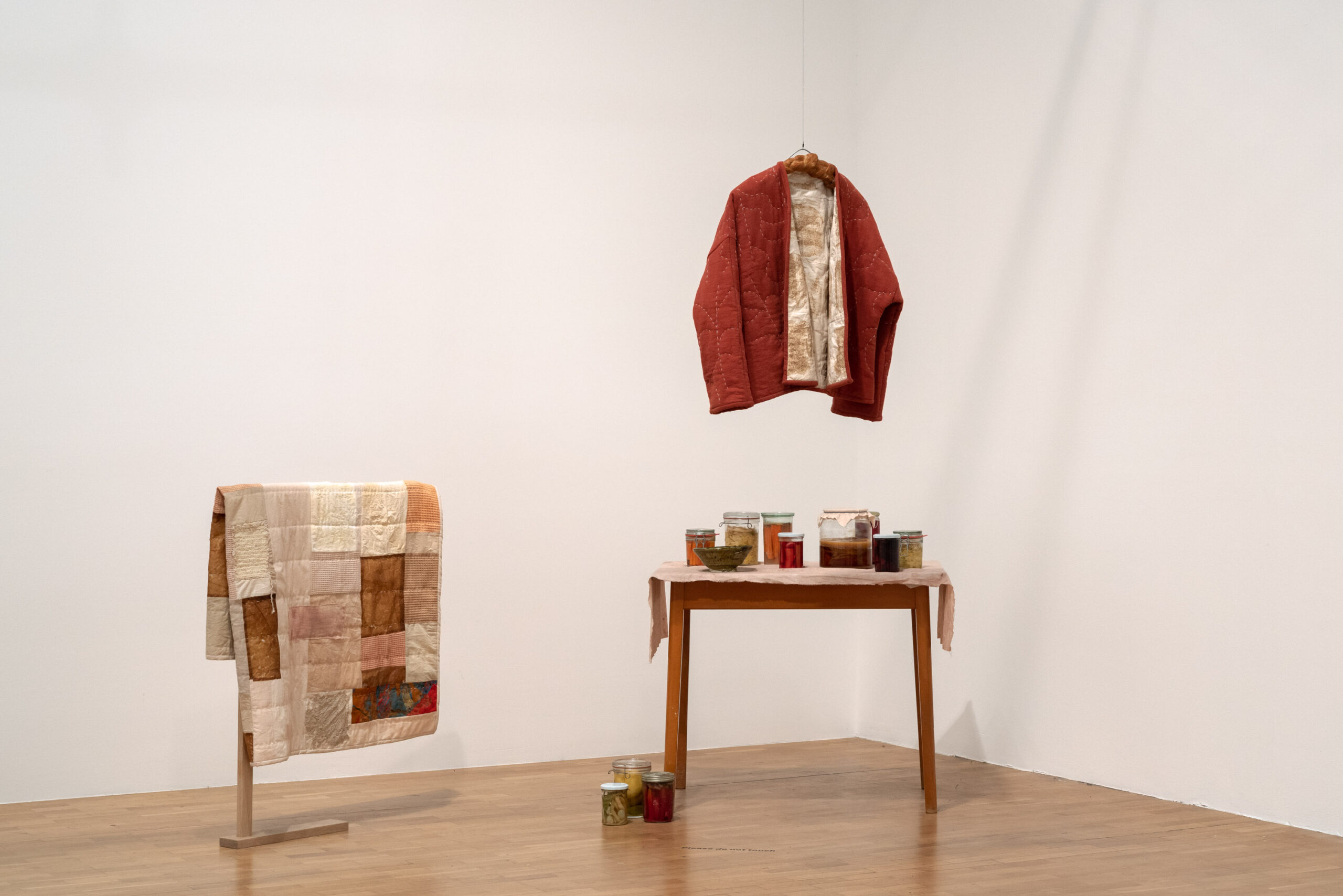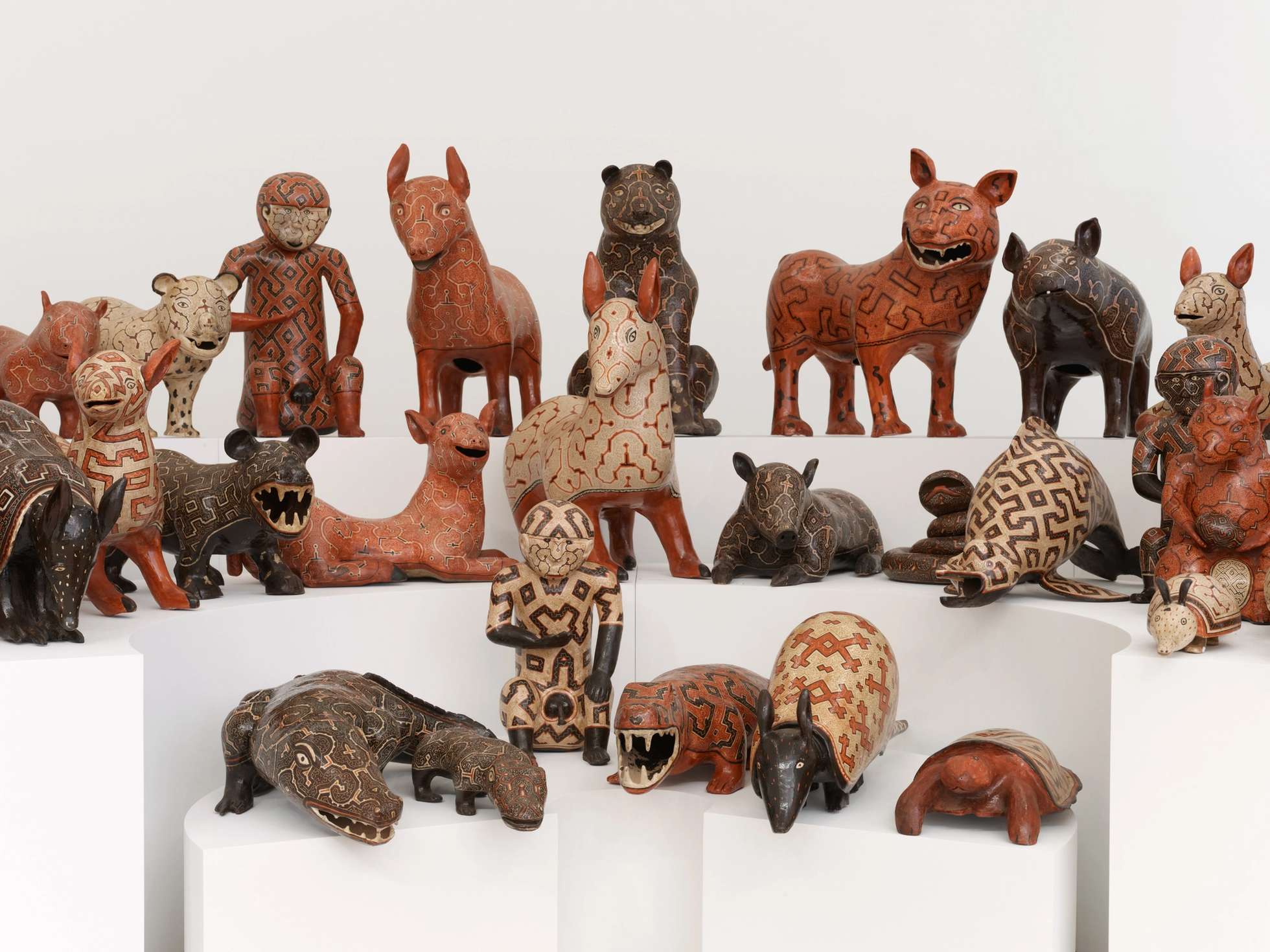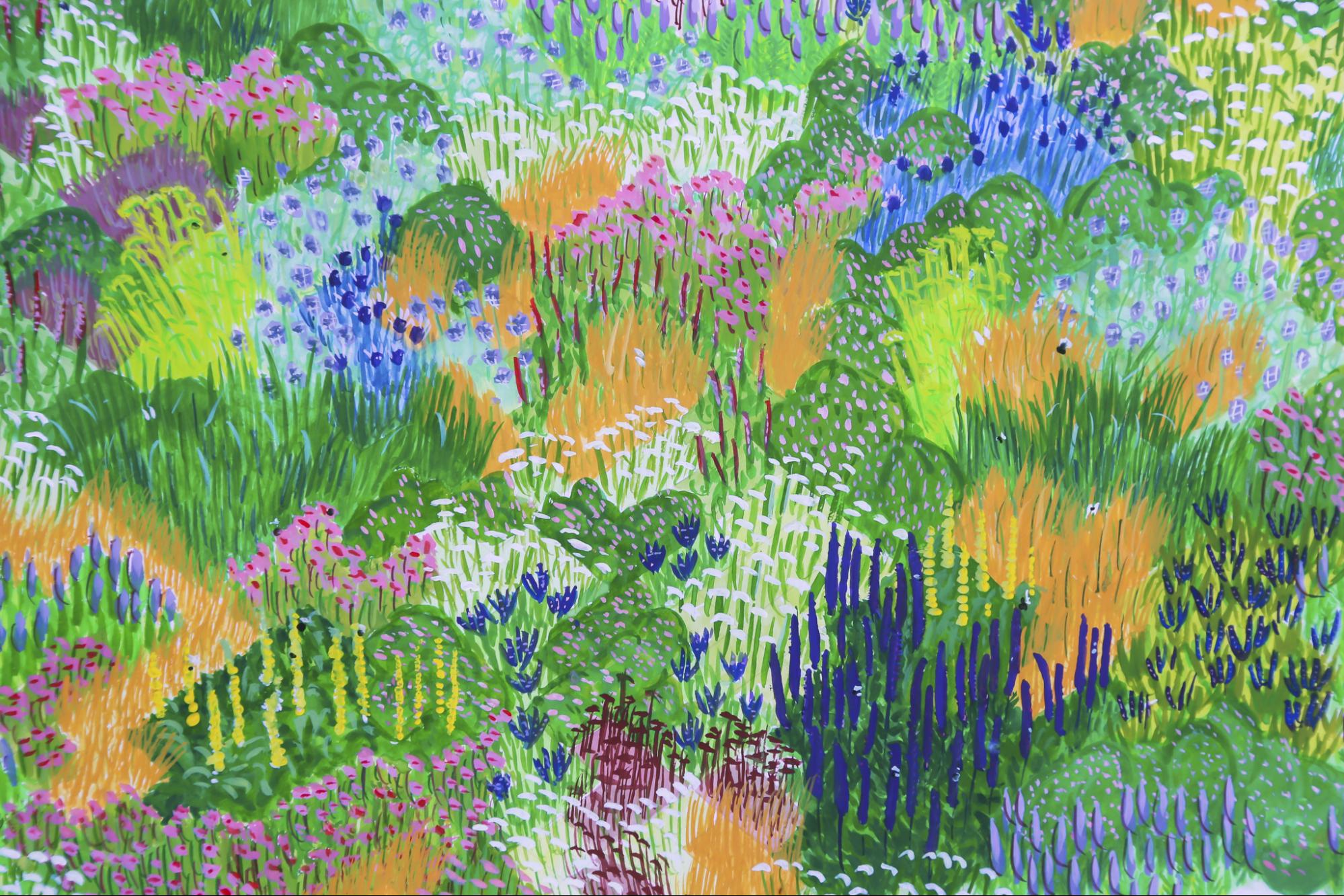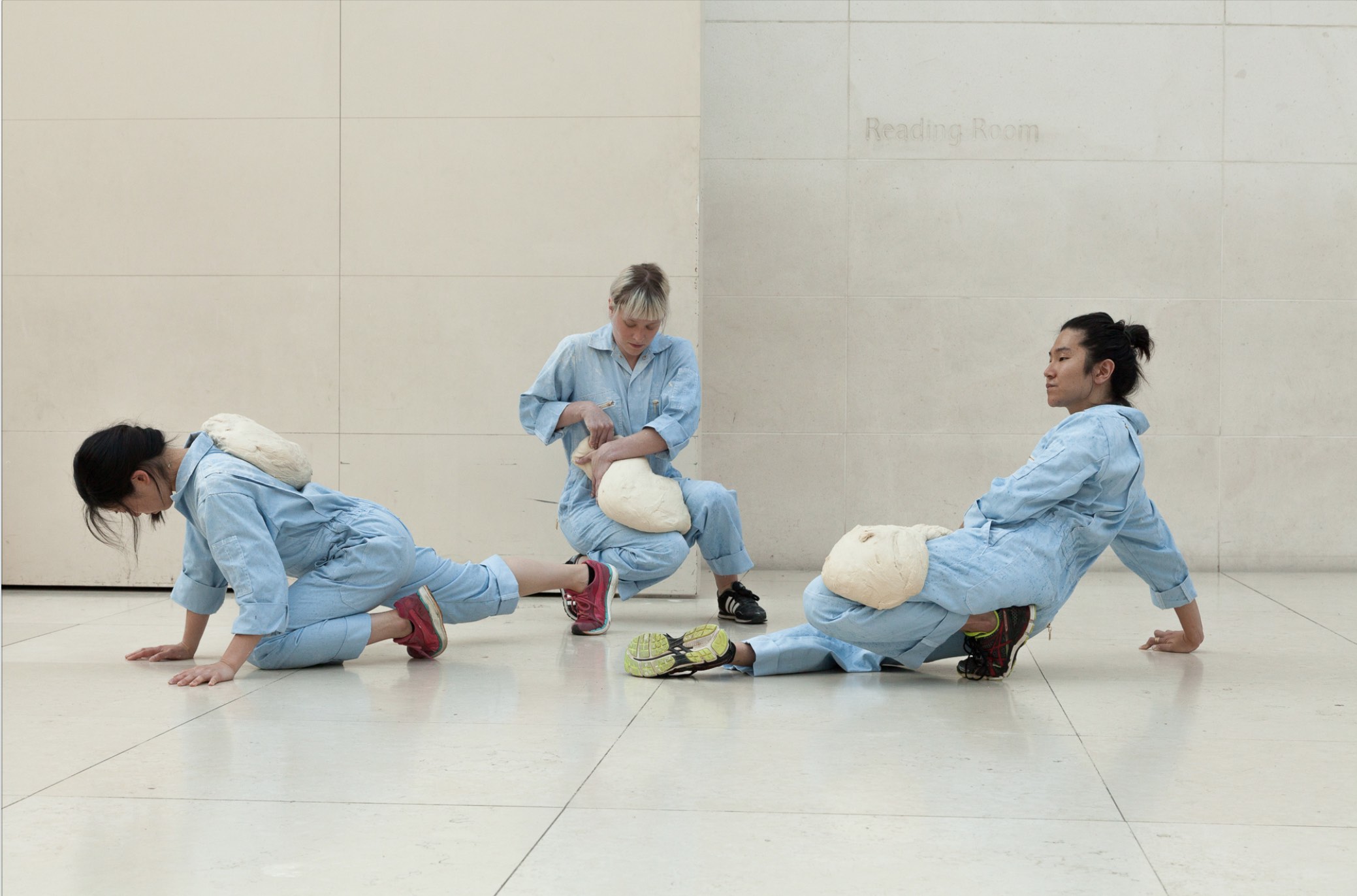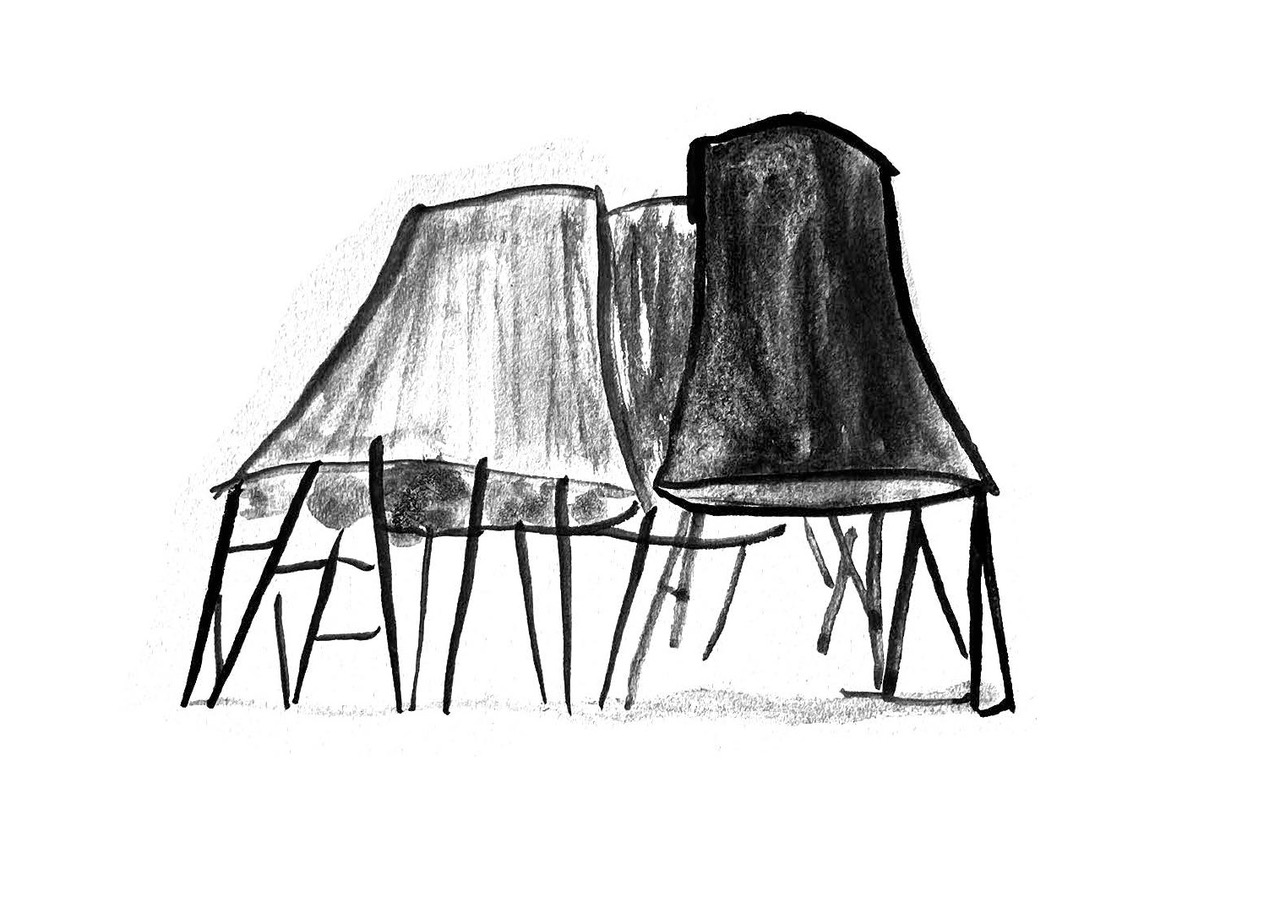On a fall afternoon in San Francisco, the newly opened Climate Control gallery posts an invitation on Instagram to purchase baked sweet potatoes from painter Jo Kim. The warm and nutritious purple-toned tubers are central to her activation titled “$1 Knowledge” where she asks participants to offer up either a dollar bill or personal knowledge in exchange for a sweet potato. The ritual is a gift of time and community-building for the artist who has just moved to San Francisco from the East Coast.
“I’ve been juggling the ideas of collectivism and sharing knowledge, which started with an idea out of the World Wide Web. The phrase was, ‘Let’s share what we know worldwide.’ And I thought it was so beautiful. There’s a real spirit to it,” says Kim.
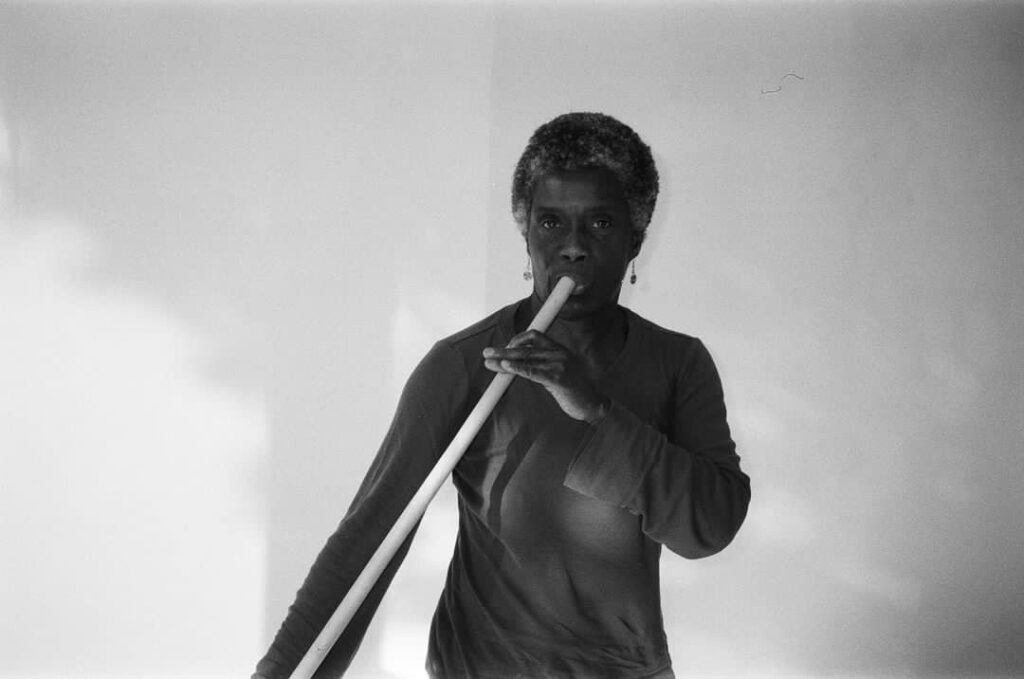
Over four Saturdays she sat in the Climate Control gallery and prepared the tubers, available to whichever visitor felt the inclination to share a bit of their knowledge and experience. There was a flute player, Chicana feminist artist Ester Hernandez, a philosophy teacher, a sculptor, Japanese American professor of women’s studies Jean Ishibashi and many others, each ready with a lesson to exchange.
Kim found the interaction meaningful as an introduction to the city’s history and diverse communities — Kim learned from Ester Hernandez about decades of community activism born from the longstanding Latinx community in the Mission District — and learned firsthand how receptive neighbors were to participating in creative interventions. With wide open doors to bustling 24th Street, the gallery became a place for repose, a place for dialogue.
Kim takes inspiration from the Korean arts movement Daseakhwa, rooted in the notion of collective creation where the collective is stronger than the individual and she was inspired by the works of relational artist Lee Mingwei, especially his Dining Project in which he prepared meals for strangers using food as a catalyst for trust and intimacy. Here, with sweet potatoes, Kim sought to conjure an invitation to be rooted in community and be nourished.
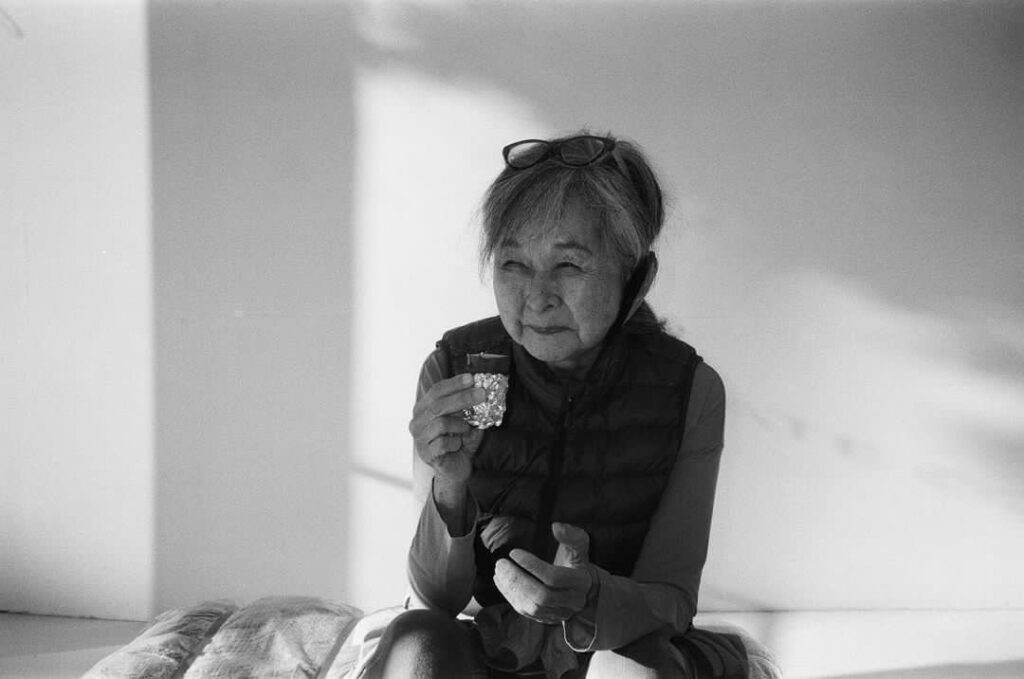
The relational activation/performance is exactly the kind of energy that artist Nicolás Colón envisioned as he opened Climate Control in September, yearning to create an art space outside of the traditional white cube gallery functionality and welcome more community-minded artists and interactions that used to be part of the radical Mission District of the 70s and 80s.
Climate Control builds off of those radical movements Colón grew up with: community theater from the San Francisco Mime Troupe (his mother was an actor and member) and the simple but powerful Galería de la Raza storefront that was a beacon for Chicano and Central American artists. The Mission District was once a powerful and thriving Latinx neighborhood and is now experiencing deep gentrification and expulsion of Latino communities. Colón understands this dynamic and steadily looks to deconstruct traditional art world commodification with more community-first approaches. He wants to experiment with contemporary conversations affecting the community like climate change, ecology, and mutual aid, with diverse voices weighing in.
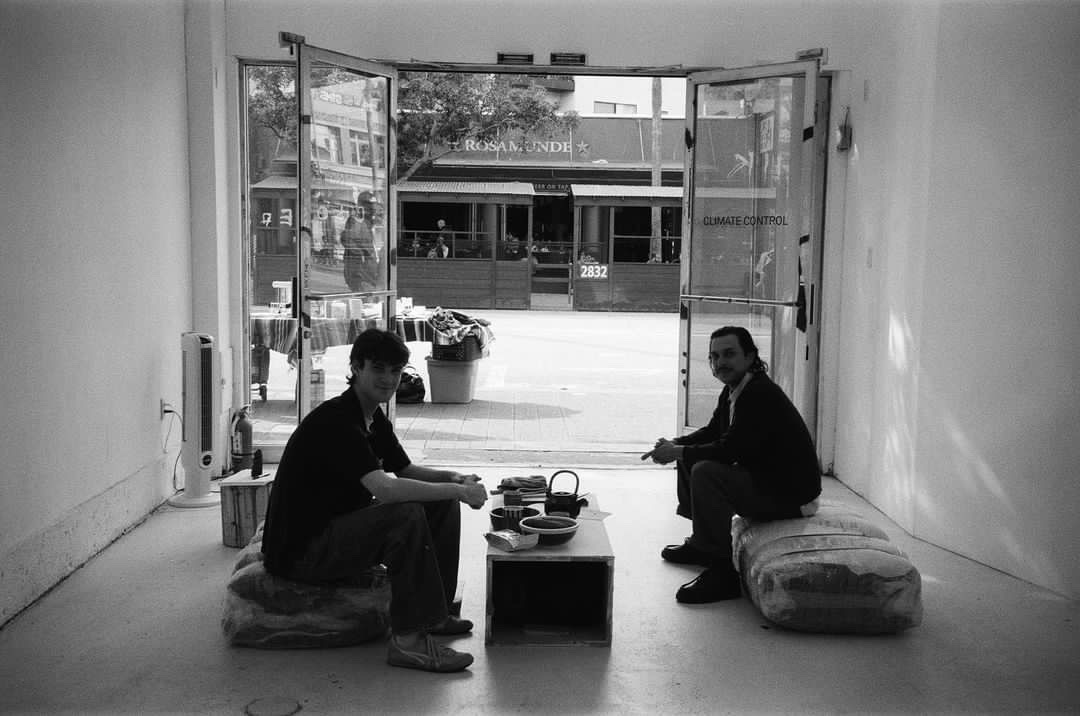
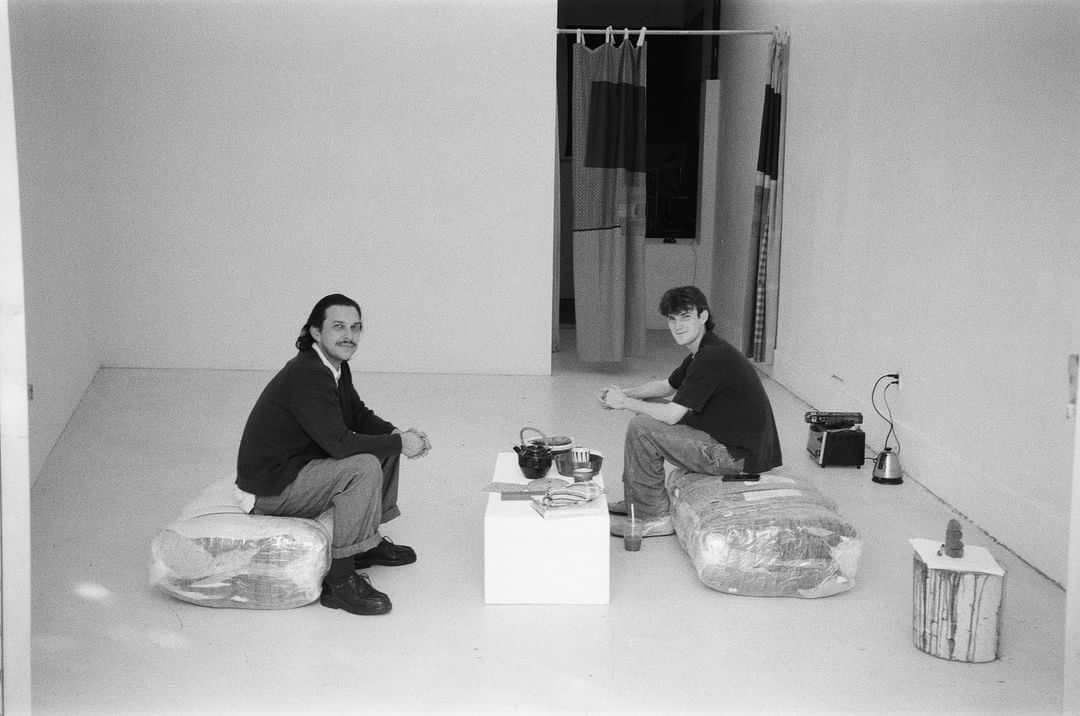
Kim’s “$1 Knowledge” is part of a year-long exhibition named The Garden of Eden inspired by the actions of tending to community gardens, native California gardens and creating a whole living ecosystem. Colón wonders what formal techniques the gallery can borrow from these verdant histories to implement within an arts environment. He’s influenced by Joe Hollis who was living off grid for 50 years working on his “Paradise Garden,” the largest collection of native Appalachian and Chinese medicinal herbs in the Eastern United States. The ethos of The Garden of Eden project is to “Grow what you care about.”
It’s no accident that the charm of Kim’s “$1 Knowledge” is the goodness of a sweet potato and that every culture and country has its own version of a vendor slanging the tubers over hot coals. The sweet potato is a symbol for community building, affordable and filling for all.
Colón says that Kim’s intervention is about examining how to be in sync with the world and each other. “In a city obsessed with food, it was clear to me that ‘$1 Knowledge’ was almost not about the sweet potatoes at all. It was all about the conversation.”
Using the garden as a metaphor, Colón is hoping to bring back the nurturing, the radical, and the anti-consumerist aspects that art movements can afford to remake a neighborhood or community. Climate Change, in all of it’s actions, is fueling a counterculture arts movement that is intergenerational, rooted in the success of past movements but grounded in sprouting new varietals.
Colón says, “A garden is not an essay, or an argument as we might see art coming out of academic institutions today. A garden is judged on its health and its flourishing.”
